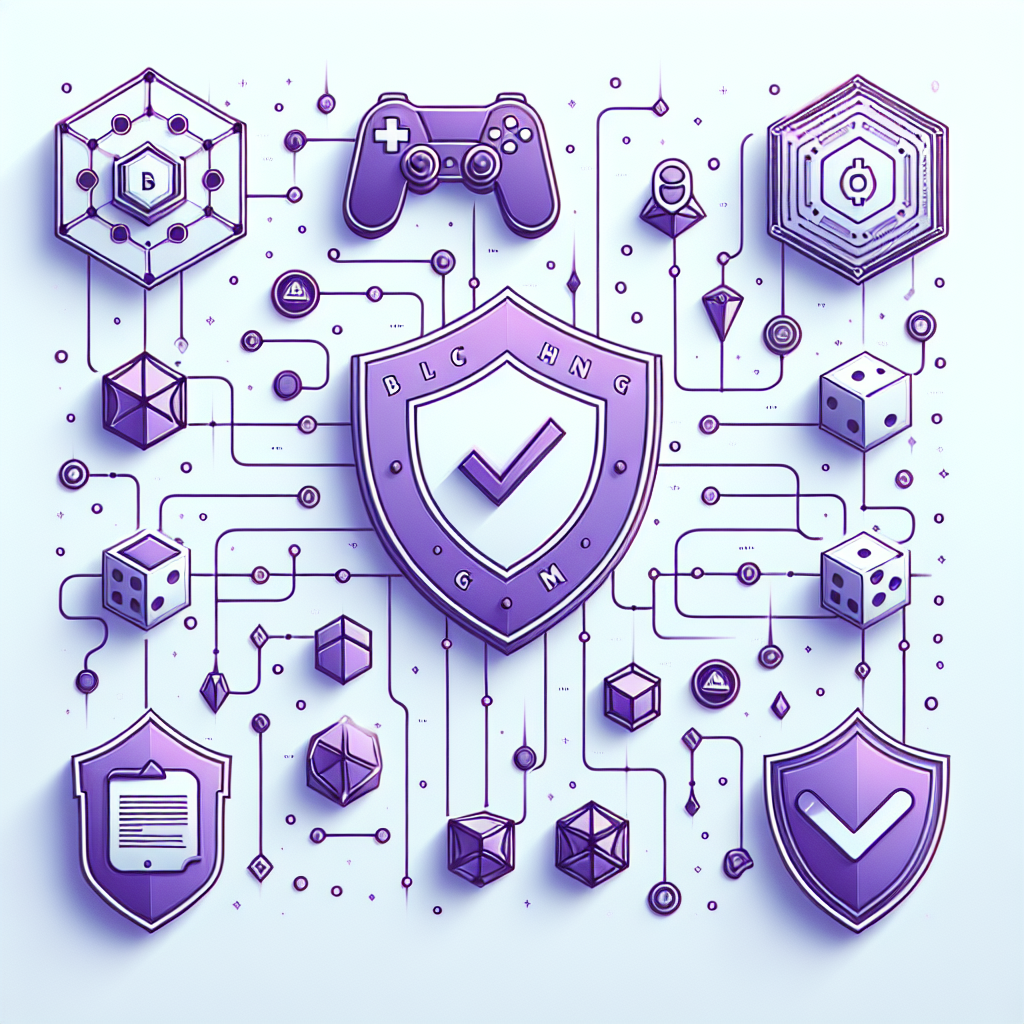Harnessing Blockchain for Fairness and Trust in iGaming: A Comprehensive Guide
Read Time 3 mins | Written by: Kostia L

The iGaming industry is one of the fastest-growing sectors in the digital economy, providing millions of players worldwide with thrilling gaming experiences. Yet, as the industry continues to expand, so do concerns over game fairness and integrity. Traditional Random Number Generators (RNGs), which are crucial for ensuring unpredictable and fair outcomes in online games, often remain a mystery to players. This opacity can lead to skepticism and an erosion of trust. However, the advent of blockchain technology introduces a game-changing solution: blockchain-based fairness verification systems. By leveraging blockchain, iGaming platforms can offer a new level of transparency and trust, assuring players that the games they play are indeed fair.
Understanding Blockchain in iGaming
Before delving into how blockchain enhances fairness in iGaming, it’s essential to understand what blockchain technology entails. A blockchain is a decentralized, distributed ledger that records transactions across multiple computers. This ensures that the records remain transparent and tamper-proof. In the context of iGaming, blockchain can be used to verify each game’s fairness by recording game data and outcomes in an immutable ledger. Players can then independently check these records, providing a transparent verification method and fostering trust in the gaming experience.
Fairness Verification through Blockchain
One of the primary benefits of integrating blockchain within iGaming is the ability to provide real-time, decentralized verification of game fairness. When players engage in online gaming, they can sometimes feel that the odds are not truly random, especially when on a losing streak. Blockchain addresses these concerns by allowing outcomes to be stored and verified on a public ledger. This way, players can have confidence that each outcome is truly random and not manipulated by the gaming operator.
Aligning with Regulatory Requirements
As blockchain technology continues to permeate the iGaming industry, aligning these innovations with regulatory requirements becomes critical. Various jurisdictions globally have different regulations governing online gaming. Implementing blockchain-based systems can assist companies in complying with these diverse regulations by providing transparent and auditable records of each transaction and game outcome. Blockchain’s inherent transparency aligns well with regulatory demands for robust, tamper-proof systems, potentially easing the path to regulatory approval in stricter markets.
The Role of Blockchain Auditing Tools
Auditing is an essential component of maintaining integrity and compliance in the iGaming industry. Traditional auditing processes can be labor-intensive and complex. Blockchain technology simplifies and automates these processes by allowing game operators to use specialized auditing tools that interact with the blockchain. These tools examine and verify transactions and game outcomes instantaneously, ensuring that they comply with predefined fairness standards. Moreover, these audits are continuous and automatic, reducing the manual workload and enhancing reliability.
Cross-Platform Verification and Unified Standards
One of the burgeoning trends in iGaming is the move towards creating unified standards across different gaming platforms. Blockchain technology facilitates cross-platform verification, allowing various types of iGaming venues, from online casinos to sports betting sites, to adopt a consistent approach to game fairness. By utilizing blockchain, operators can ensure that fairness standards are upheld across multiple platforms, providing a seamless and trustworthy experience for players wherever they choose to game. This cross-platform integration underlines blockchain’s potential to be a foundational technology in the development of a unified iGaming ecosystem.
Benefits of Trust and Player Retention
Trust is a cornerstone of player retention and acquisition in the highly competitive iGaming industry. Players are more likely to return to platforms where they believe their gaming experience is fair and transparent. Blockchain’s ability to offer provable fairness and transparency serves as a powerful marketing tool for iGaming operators, differentiating them from competitors who rely on opaque systems. Over time, as the gaming community becomes more aware of blockchain’s benefits, platforms that adopt this technology are likely to see increased loyalty and growth in their player base.
The Path Forward for iGaming
The integration of blockchain technology in iGaming is more than just the adoption of a new technological trend. It represents a paradigm shift towards increased transparency, trust, and compliance. As blockchain technology continues to evolve, so will its applications within the iGaming industry. The journey to full blockchain integration will require collaboration among game developers, regulators, and technology providers. However, the potential benefits in terms of fairness verification and increased player trust are vast. iGaming operators willing to embrace these technological advancements are likely to lead the industry toward a more transparent and trustworthy future, paving the way for sustained growth and innovation.